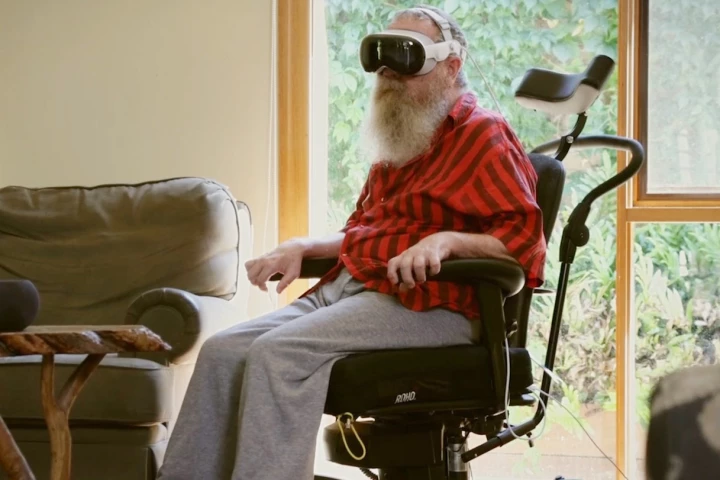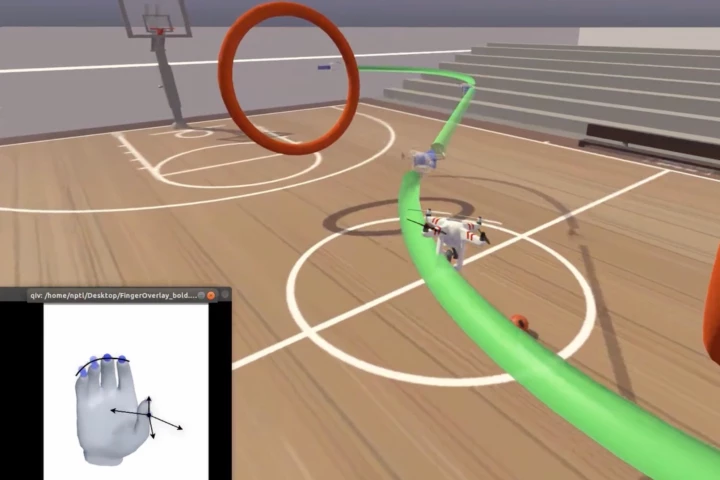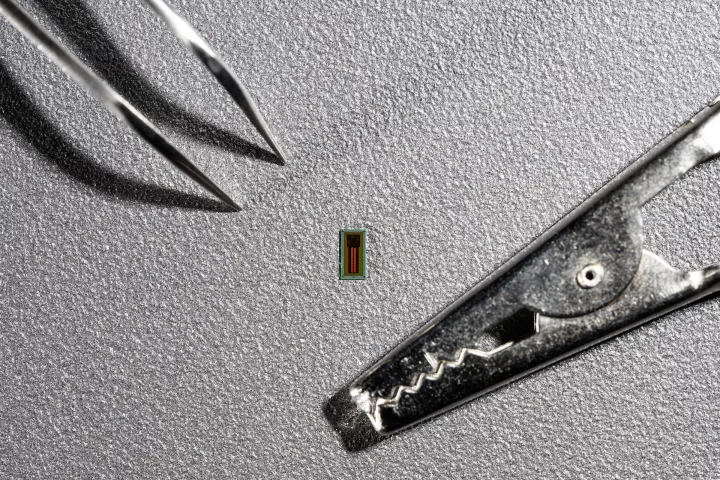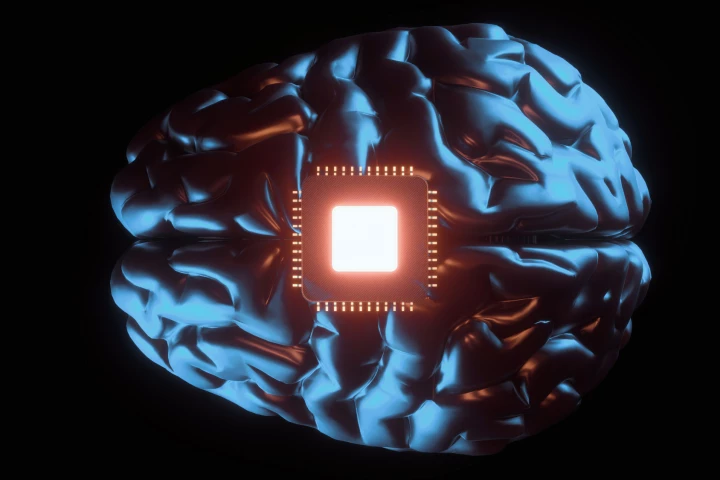Brain-computer interface
-
In another advancement in the field of brain-computer interfaces, a new implant-based system has enabled a paralyzed person to not only talk, but also 'sing' simple melodies through a computer – with practically no delay.
-
Apple is getting into the brain-computer interface business, reveals New York-based startup Synchron. The idea is to enable people with limited mobility use iPhones, iPads, and the Vision Pro headset by transmitting commands through their minds.
-
Brain-computer interfaces may allow paralyzed people to perform basic tasks, but there's more to life than eating and typing. That's where a new BCI comes in, as it has allowed a man to fly a virtual drone just by thinking of moving his fingers.
-
A new study from Caltech calculates that our brains process information at the extremely slow speed of just 10 bits per second. This leisurely pace may have long evolutionary roots, despite our sensory systems gathering data 100 million times faster.
-
Synchron has announced that a trial participant has used its brain-computer interface to turn on the lights in his home, see who is at the door, and choose what to watch on the TV – hands-free and without even a voice command.
-
The brain-machine interface race is on. While Elon Musk's Neuralink has garnered most of the headlines in this field, a new small and thin chip out of Switzerland makes it look downright clunky by comparison. It also works impressively well.
-
Rather than cut a chunk of skull away to install a brain-computer interface like Neuralink, Synchron feeds electrodes up through the jugular vein to the motor cortex. Now the tech has enabled an ALS sufferer hands-free control of Apple's Vision Pro.
-
Living brain cells wired into organoid-on-a-chip biocomputers can now learn to drive robots, thanks to an open-source intelligent interaction system called MetaBOC. This remarkable project aims to re-home human brain cells in artificial bodies.
-
The first human trial of Neuralink's brain implant has suffered an unexpected setback – but the technology was still life-changing for the recipient. Elon Musk's company is now looking for a second human patient.
-
Implantable neurological technology has advanced drastically, offering a return to normalcy for some people with neurological disorders. But given its rapid progression, what happens when these implants become obsolete or its manufacturer goes bust?
-
"The first human received an implant from Neuralink yesterday and is recovering well." Elon Musk has announced a milestone moment at his brain-machine interface company, after a surgical robot successfully installed its first human brain chip.
-
Researchers have created a thin transparent neural implant that can monitor activity on the brain's surface but also account for functions at a deeper level. The hope is that it will lead to an accurate but less invasive brain-computer interface.
Load More











